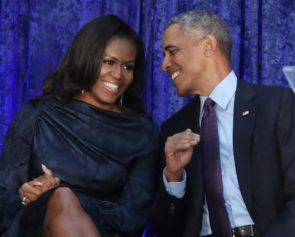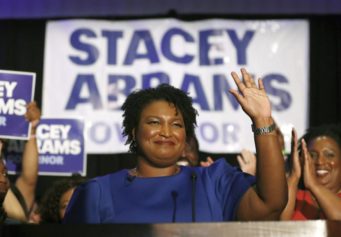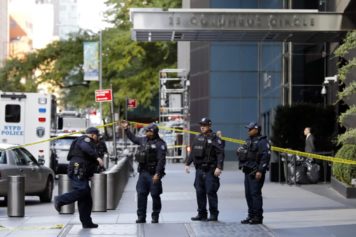U.S. Ambassador to Libya John Christopher Stevens was among the four Americans killed Tuesday in an assault on the American consulate in the eastern city of Benghazi, the White House said Wednesday morning.
The attack was among two to happen on the same day as America took note of the 11th anniversary of the Sept. 11, 2001 terrorist attacks, prompting President Barack Obama to raise security levels at U.S. diplomatic posts around the world.
In Egypt, protesters climbed the walls of the U.S. Embassy in Cairo and made their way into the courtyard before bringing down the American flag and replacing it with a radical Islamic one.
According to published reports, Stevens, 52, and the others were fleeing the consulate when a rocket-propelled grenade struck their vehicle. The identities of the other three dead were withheld pending notification of their families.
Stevens, a longtime Middle East veteran in the State Department, was named ambassador to Libya in May. He had worked in Libya for a number of years, both before and after the fall of slain Libyan leader Moammar Gaddafi.
“Chris was a courageous and exemplary representative of the United States,” Obama said in a statement. “Throughout the Libyan revolution, he selflessly served our country and the Libyan people at our mission in Benghazi. As ambassador in Tripoli, he has supported Libya’s transition to democracy. His legacy will endure wherever human beings reach for liberty and justice. I am profoundly grateful for his service to my administration, and deeply saddened by this loss.”
Secretary of State Hillary Rodham Clinton also condemned the attack, saying she had called Libyan President Mohamed Yusuf al-Magariaf “to coordinate additional support to protect Americans in Libya.”
The attack in Benghazi followed protests in neighboring Egypt, where a group of protesters scaled the wall of the U.S. Embassy in Cairo on Tuesday evening and entered its outer grounds, pulling down an American flag before trying to burn it outside the embassy walls, according to witnesses. On Wednesday morning, a sit-in of several dozen protesters continued outside the Cairo embassy.
The attacks were apparently prompted by outrage over an amateur, anti-Muslim film made in the United States by an Israeli-American and are likely to prompt a deep rethinking of U.S. policy toward both Libya and Egypt. The United States supported the Arab Spring revolutions and was instrumental in providing financial and diplomatic support for their newly-democratic governments.
Both the Egyptian and Libyan governments condemned the violence outside the American diplomatic compounds. But local security officials in both countries appeared slow to provide protection for the American diplomatic installations.
The incidents raised the question of to what extent governments in countries where suspicions of the United States run high are willing or able to provide security for American diplomats.
Stevens becomes the first U.S. ambassador killed in the line of duty since 1979, when Adolph Dubs was kidnapped and later killed during an attempt to rescue him, according to State Department records.


